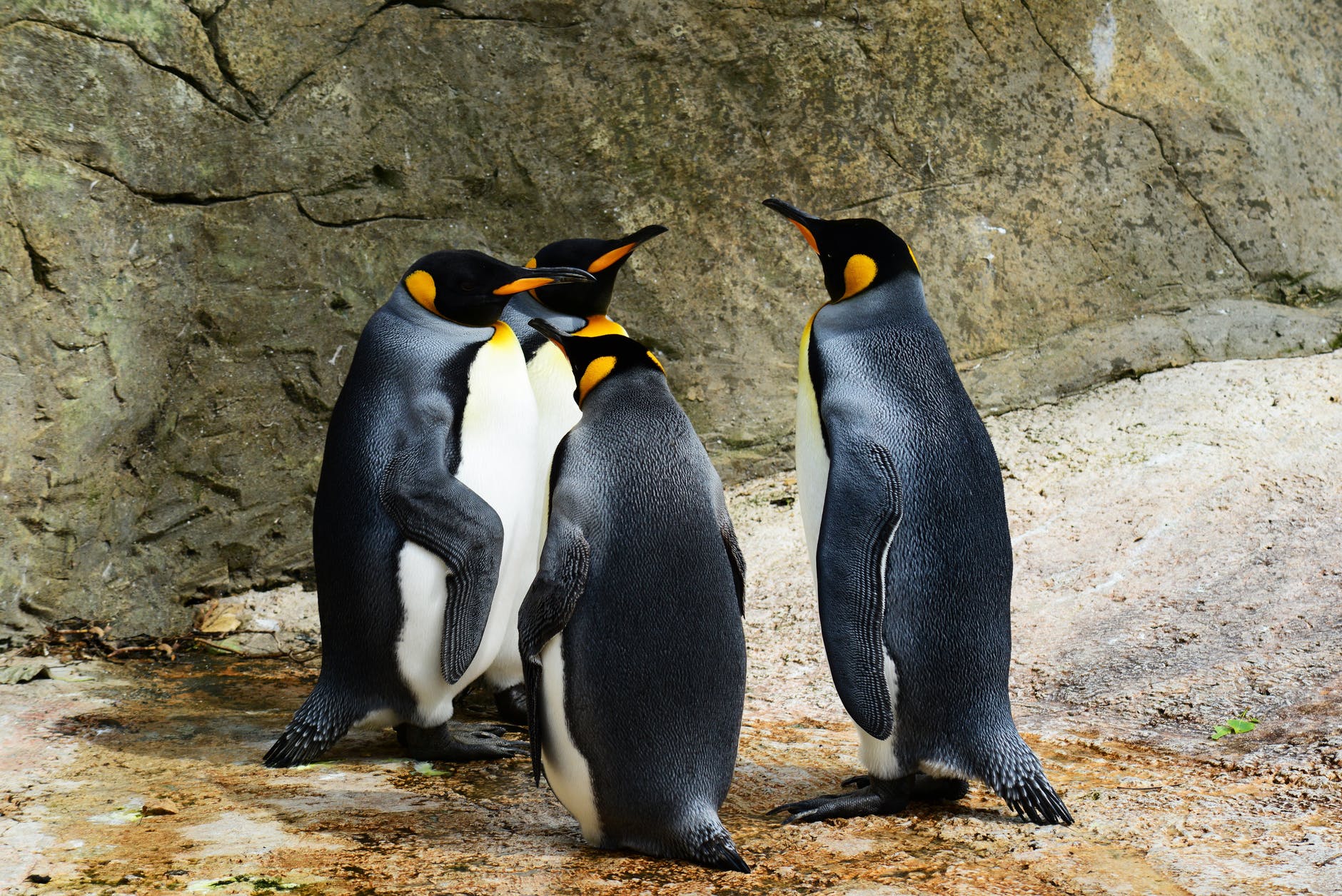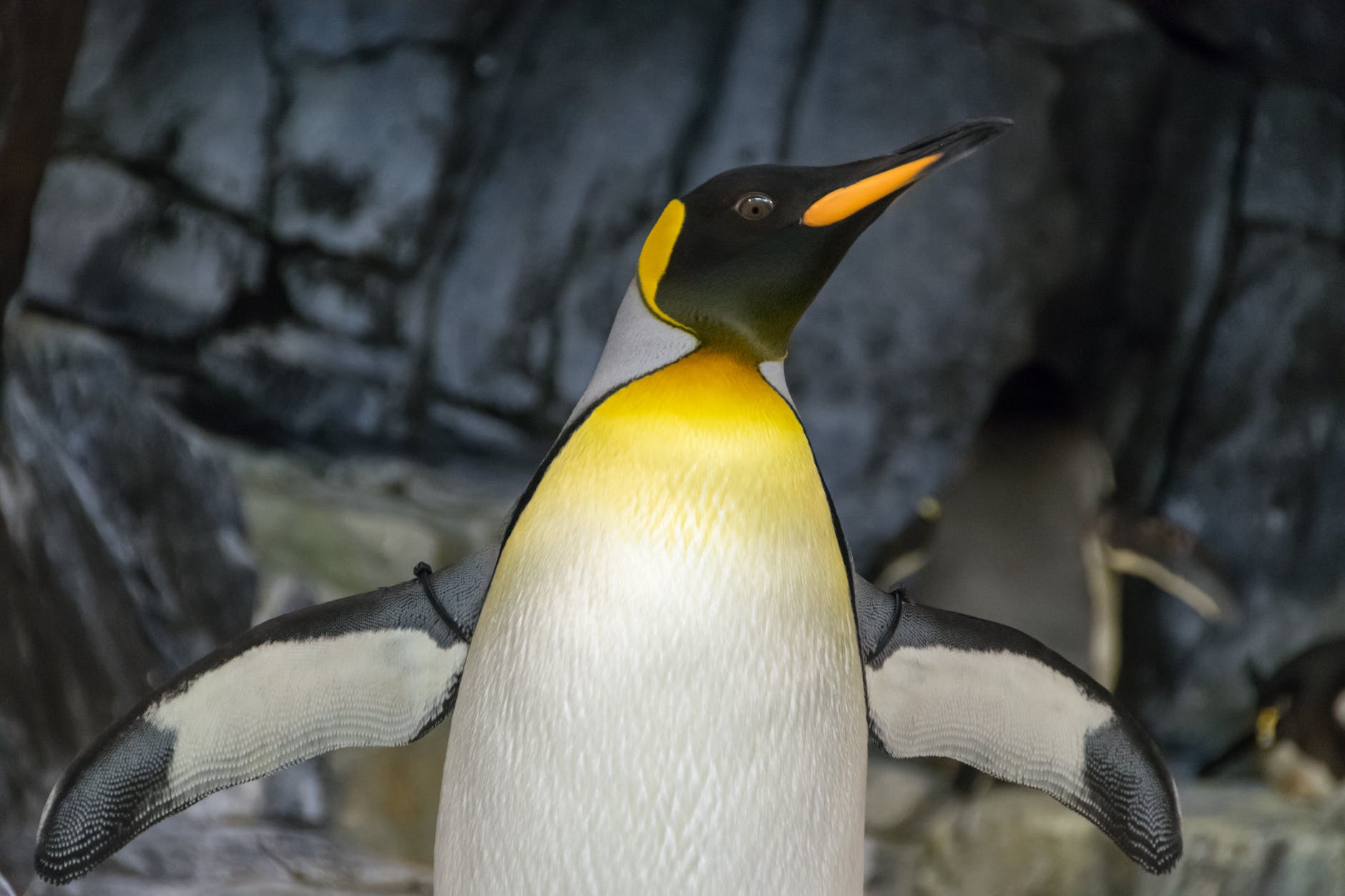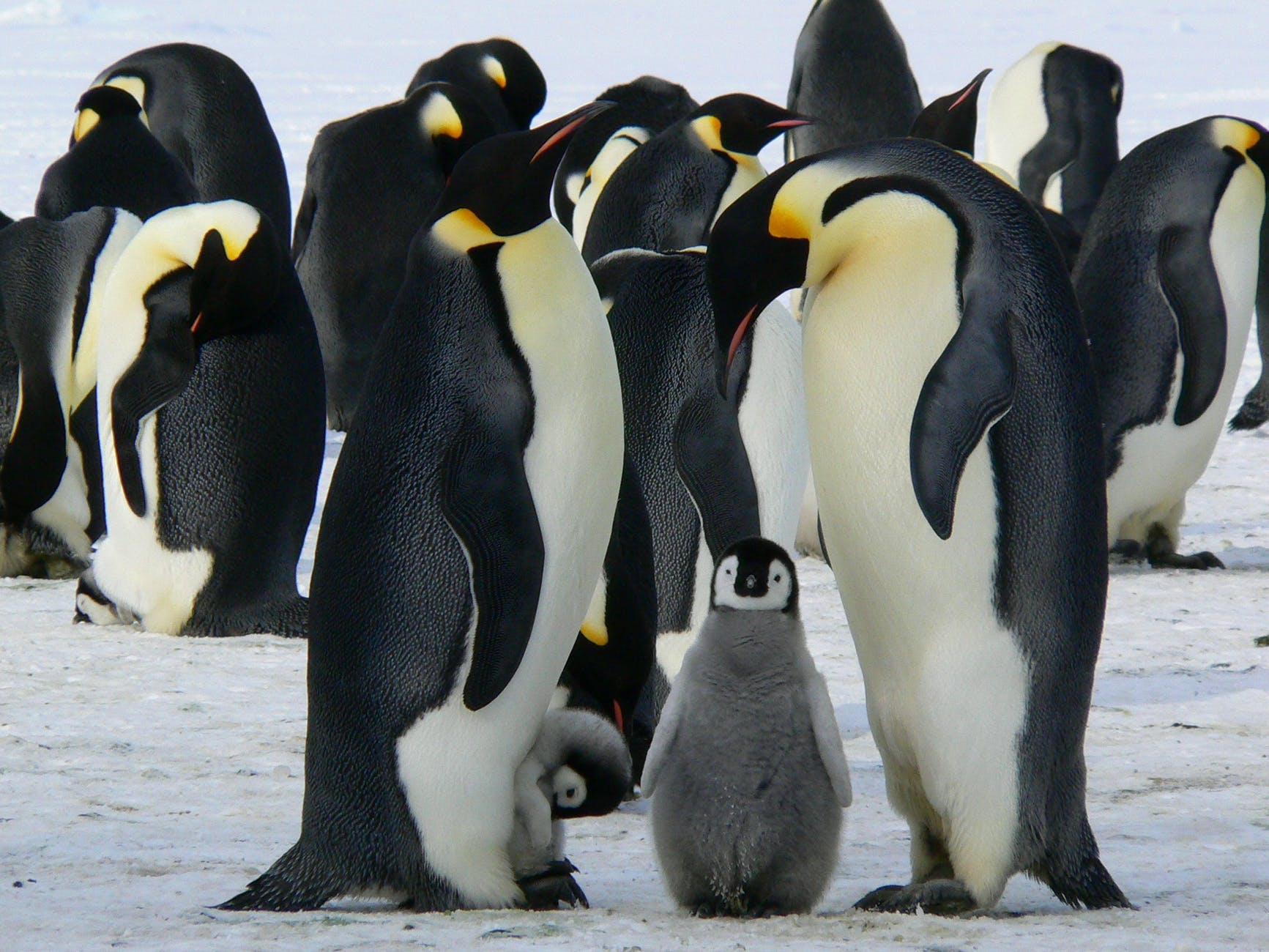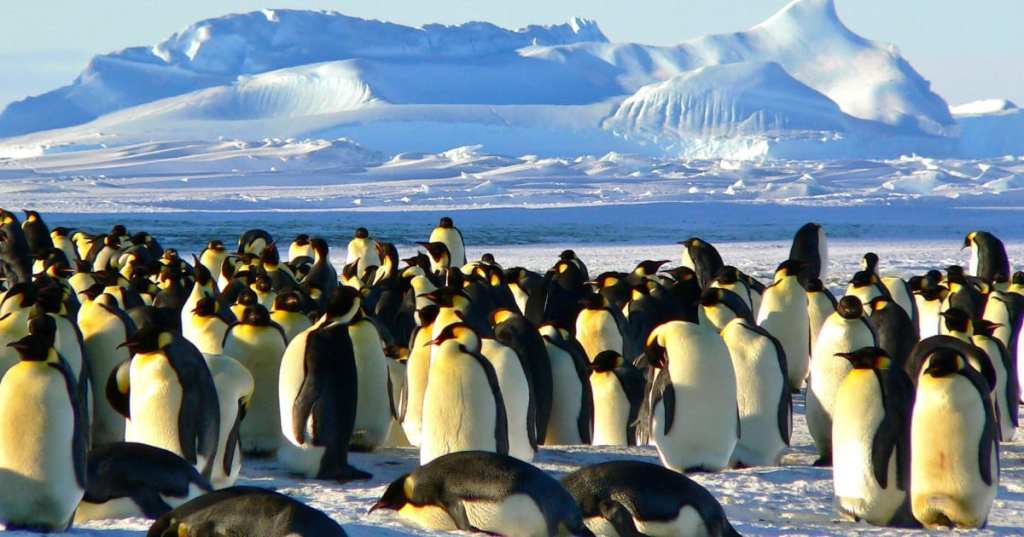If there’s one thing I suspect is true about scientists who work in the field, it’s that there is probably always something unexpected that crops up.
Okay, there’s another thing: they probably step in a lot more sh*t than they figured they would when they went t school.
And y’all – these scientists, studying penguins in Antarctica proved both of my suspicions to be true in one of the most fun ways possible.

Image Credit: Pexels
Apparently, in addition to being hilarious and cute, the poop of the King Penguin is filled with nitrous oxide – otherwise known as laughing gas. A fact that Professor Bo Elberling and his team from the University of Copenhagen found out the fun way – and published the study in Science of the Total Environment to prove it.
“Penguin guano produces significantly high levels of nitrous oxide around their colonies,” the professor told AFP. “After nosing about in guano for several hours, one goes completely cuckoo. One begins to feel ill and get a headache.”

Image Credit: Pexels
The effects of nitrous oxide include feelings of euphoria, relaxation, calmness, and fits of giggles, confusion, headaches, and nausea. Basically, it’s responsible for tons of funny post-op videos on YouTube, and I’m not happy these high-as-kites scientists didn’t at least do a TikTok.
On a less fun note, nitrous oxide is 300 times more damaging to the environment than carbon dioxide, which means the penguins and their poop are a strain on the climate.
Their loopy poop is the result of their diet, which is mostly fish and krill. Both food sources contain high levels of nitrogen, The team was exposed while studying the impact of the penguins’ nitrogen-rich poop and glacial melting on the levels of air pollutants in South Georgia.

Image Credit: Pexels
“While nitrous oxide emissions in this case are not enough to impact Earth’s overall energy budget, our findings contribute to new knowledge about how penguin colonies affect the environment around them, which is interesting because colonies are generally becoming more and more widespread.”
Seriously, in my next life, I’m going to be a scientists. You literally never know what you’re going to find while you’re wading around in penguin poop.






